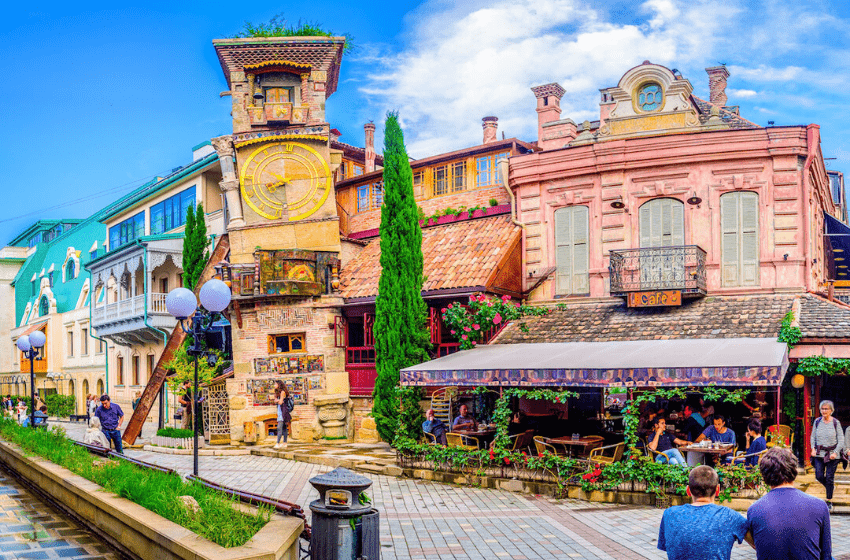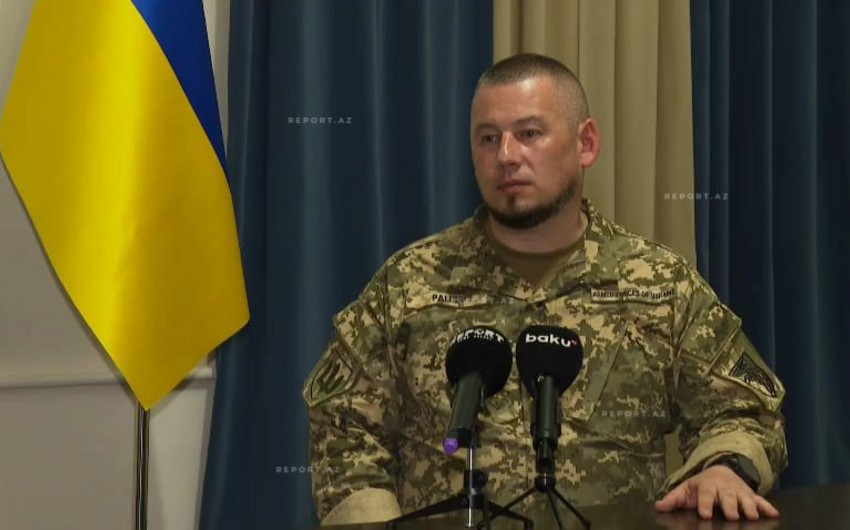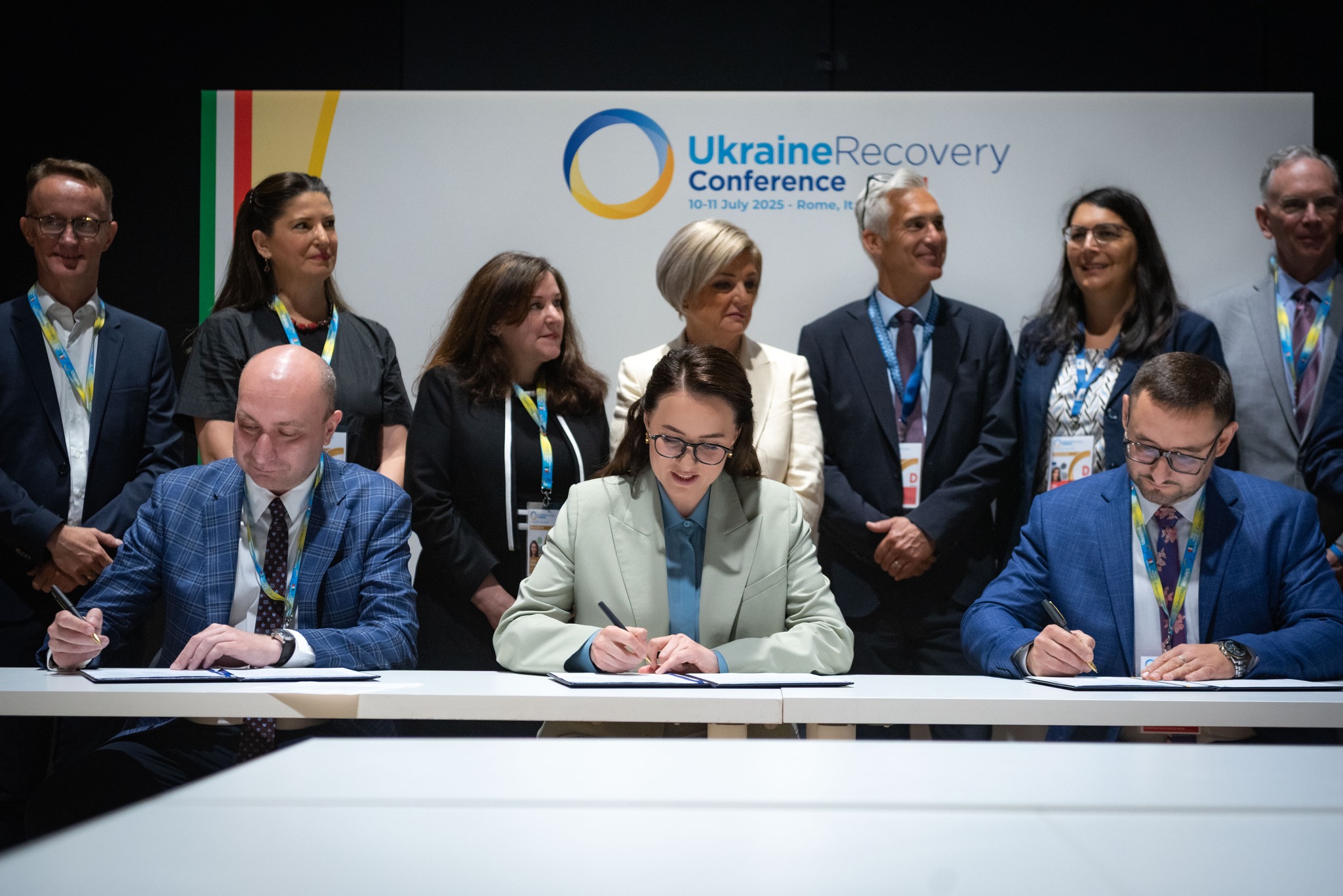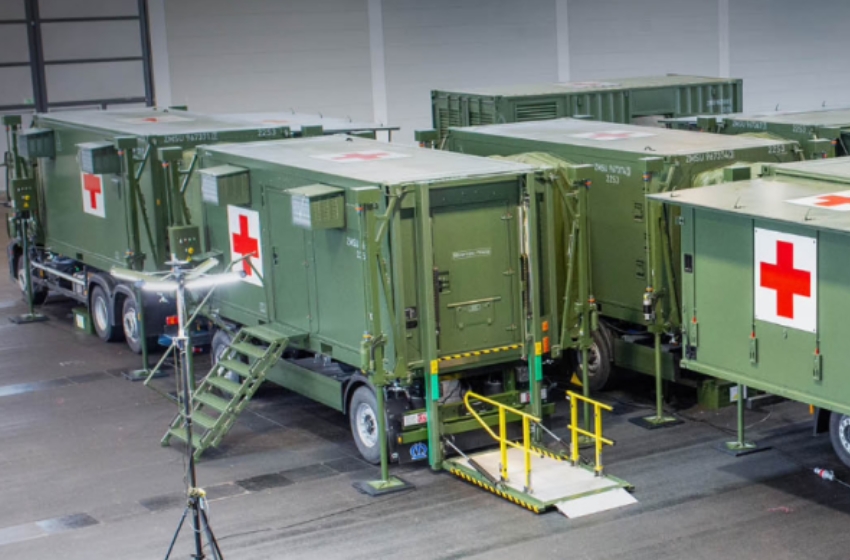Tbilisi is the capital of Georgia and is partner city of Odessa since 1996. It has population of 1.1 million inhabitants, almost the same of Odessa. Tbilisi has been recognised by Emerging Europe as the top business friendly destination among 75 European cities in the Economic Potential category.
Being acknowledged by Emerging Europe as the best city for economic potential underlines our effort and diligence in creating a business-friendly environment and uncovering the untapped potential of the cityâ€,
Kakha Kaladze, Mayor of Tbilisi

The name Tbilisi derives from old Georgian (literally 'warm location') and was given to the city because of the nearby numerous sulphur hot springs. In some countries the City is still named after its pre-1936 international designation, Tiflis. The City lies on the banks of the Mtkvari (also known as the Kura) river and is surrounded by hills and mountains.
Tbilisi was founded in the 5th century A.D. and since then it was the capital of various Georgian kingdoms. Between 1801 and 1917, Tbilisi became part of the Russian Empire and was the seat of the Imperial Viceroy, governing Southern and Northern Caucasus.

Throughout history, Tbilisi was a point of contention between various rival empires, because of its location on the crossroads between Europe and Asia and its proximity to the Silk Road, the most profitable commercial route since middle ages, until the discovery of the Americas. Today, the city's location ensures its position as an important transit route for global energy and trade projects.
History and architecture
​Tbilisi's diverse history is reflected in its architecture, which is a mix of medieval, neoclassical, Beaux Arts, Art Nouveau, Stalinist and Modernist styles. In the past, home to people of multiple ethnic and religious backgrounds, today it is overwhelmingly Eastern Orthodox Christian.
After the complete destruction by a Persian army in 1795, Tbilisi was rebuilt during the Russian Imperial period (1801–1917). The oldest parts of the city were largely reconstructed on their medieval street plans, some old houses were even rebuilt on much older foundations. The city center was developed according to a European-style plan by Russian authorities (Sololaki, Rustaveli Avenue, Vera and Chughureti) and has a Western appearance, with a mix of popular styles in Europe at the time.

For this reason, the City is most notable for its abundance of Art Nouveau buildings and details, which flourished from the mid-1890s to through the end of Russian rule. In Soviet era, Art Nouveau was decreed as bourgeois by communist authorities, who introduced experimental modern architecture.
The more conservative and historically-inflected Stalinist realisation in Georgia is embodied by the 1938 Marx-Engels-Lenin Institute building ("Imeli"), now housing the Biltmore Hotel Tbilisi. Anyway, after WWII Georgian architects produced some of the Soviet Union's most interesting architectural fulfilments, including Tbilisi's 1975 Ministry of Roads and the 1984 Wedding Palace.
Sightseeing
One of the best ways to appreciate this unique city is to wander its streets, especially in the colourful Old Town. A unique experience to discover over-renovated and hyper-modern buildings but also warren of backstreets surrounded by ram shackled buildings. The Old Town is made for meandering with its maze of squares and narrow lanes lined with pretty wooden houses, bohemian bars, inviting cafes, ancient stone churches and shops selling colourful rugs.

Notable sites not to be missed are the cathedrals of Sameba and Sioni (8th century), classical Freedom Square, pseudo-Moorish Opera Theater (both by the architect Giovanni Scudieri), Rustaveli Avenue and Agmashenebeli Avenue, Georgian National Museum, Open Air Museum of Ethnography and the medieval Narikala Fortress, where it possible to enjoy a stunning panorama. The Fortress watches over the City since the 4th century and can be reached by cable car from Rike Park. Tbilisi is overlooked also by the Kartlis Deda (Mother of Georgia) monument, erected in 1958 to mark the city’s 1500th anniversary.
It is worth visiting the discussed Peace Bridge, a wavy pedestrians-only glass-and-steel structure by the Italian architect Michele De Lucchi. It opened in 2010 and stands in stark contrast to the rest of old Tbilisi. The bridge links the west side of the Mtkvari River with flower-filled Rike Park, whose northern end features a concert hall and exhibition centre designed by another Italian celebrity, Massimiliano Fuksas.
The bizarre Leaning Tower of Tbilisi (also named The Gabriadze Clock) is another modern addition to the city. Built by puppet master Rezo Gabriadze in 2010, an angel appears from a door and strikes a bell every hour.
The famous Georgian cuisine

Tasting the delicious local dishes, like Khachapuri (baked bread with cheese and egg) and Khinkali (dumplings stuffed with meat, cheese, potato and mushrooms), with a glass of Georgian wine is an unforgettable experience in Tbilisi. The character of the traditional Georgian food is the mirror of the generous and hospital spirit of the people of this Country.
Nightlife
Beyond traditional attractions, Tbilisi has developed burgeoning nightclub culture, with stylish pubs and discoclubs, which attracted international media attention since the 2010s.





















